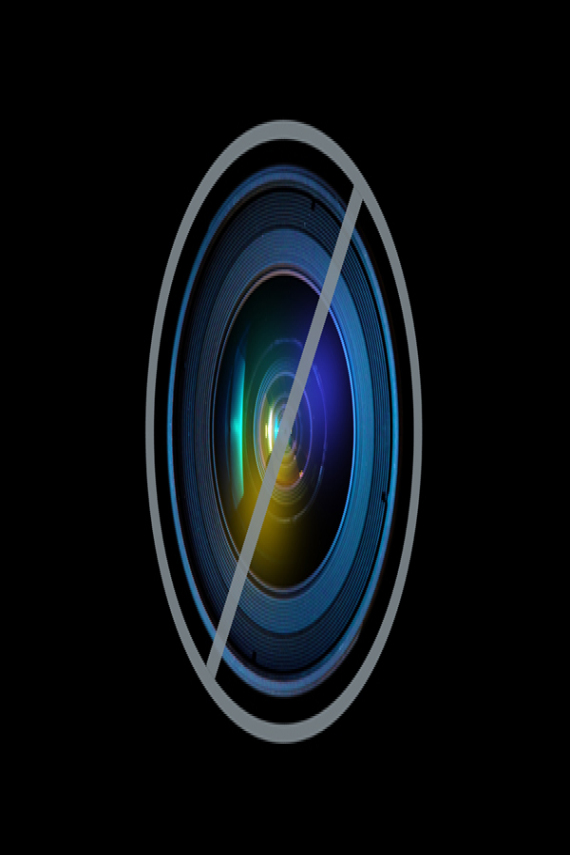
Since the beginning of wiggly-tooth time, the Tooth Fairy has lived in kids' imaginations. She comes at night, leaves a little treat, and in return, gets some very adorable letters.
But now, marketers are attempting to pull the Tooth Fairy out of fantasy world and into the world of licensed products. The Real Tooth Fairies, LLC is a website that features six Barbie-looking fairies and sells products to kids and parents. A Deluxe Birthday Collections -- which includes rainbow wands, party invitations and more -- costs $379.
A video of a pitch to investors by Paul Yanover, former Disney executive, caught the attention of Campaign for a Commercial-Free Childhood who is now attempting to boycott the brand. The footage is no longer available online, but CCFC has a copy of the transcript on its website. It begins:
Can you believe that a childhood character known by millions worldwide has not yet been licensed? Every night, millions of children around the world put a lost tooth under their pillow and wait for the Tooth Fairy to come ... What if this moment of real-life magic that kids and parents already buy into could be captured into a Tooth Fairy brand that girls love?
Susan Linn, director of CCFC, explains in a HuffPost blog why she is against branding the Tooth Fairy:
It commercializes an inevitable biological milestone, the celebration of which has always been the purview of family rituals. Branding replaces children's own creations with homogenized, corporate-constructed images, constricting both imagination and cultural diversity. The "real" Tooth Fairy no longer resides in the richness of children's conjurings -- she/he/it has been usurped by Mr. Yanover & company.
Beyond preserving the iconic fairy for that reason, Bitch magazine's Sarah Mirk points out another issue: The Real Tooth Fairies join a whole slew of characters aimed at girls who are "skinny" and "sexy" (have you seen the new My Little Pony?). And, the website could create yet another gender-specific activity. It has one version for girls (above), and a completely separate one for boys:

Rebecca Hains, author of "Growing Up With Girl Power: Girlhood On Screen and in Everyday Life", who writes about children's media culture, explains the significance of the Tooth Fairy's imaginary status on a larger level:
Our children’s belief that the tooth fairy is real is a sign that they are still little, that they’re not growing up too quickly, that they’re still innocent. Children love the strange idea that a tooth will be whisked away in the night by a fairy, with money or a small token left in exchange: It’s a fun, harmless fantasy.
For that reason, CCFC has issued a call for action "to put an end to The Real Tooth Fairies" on their website. Click here to sign the petition.